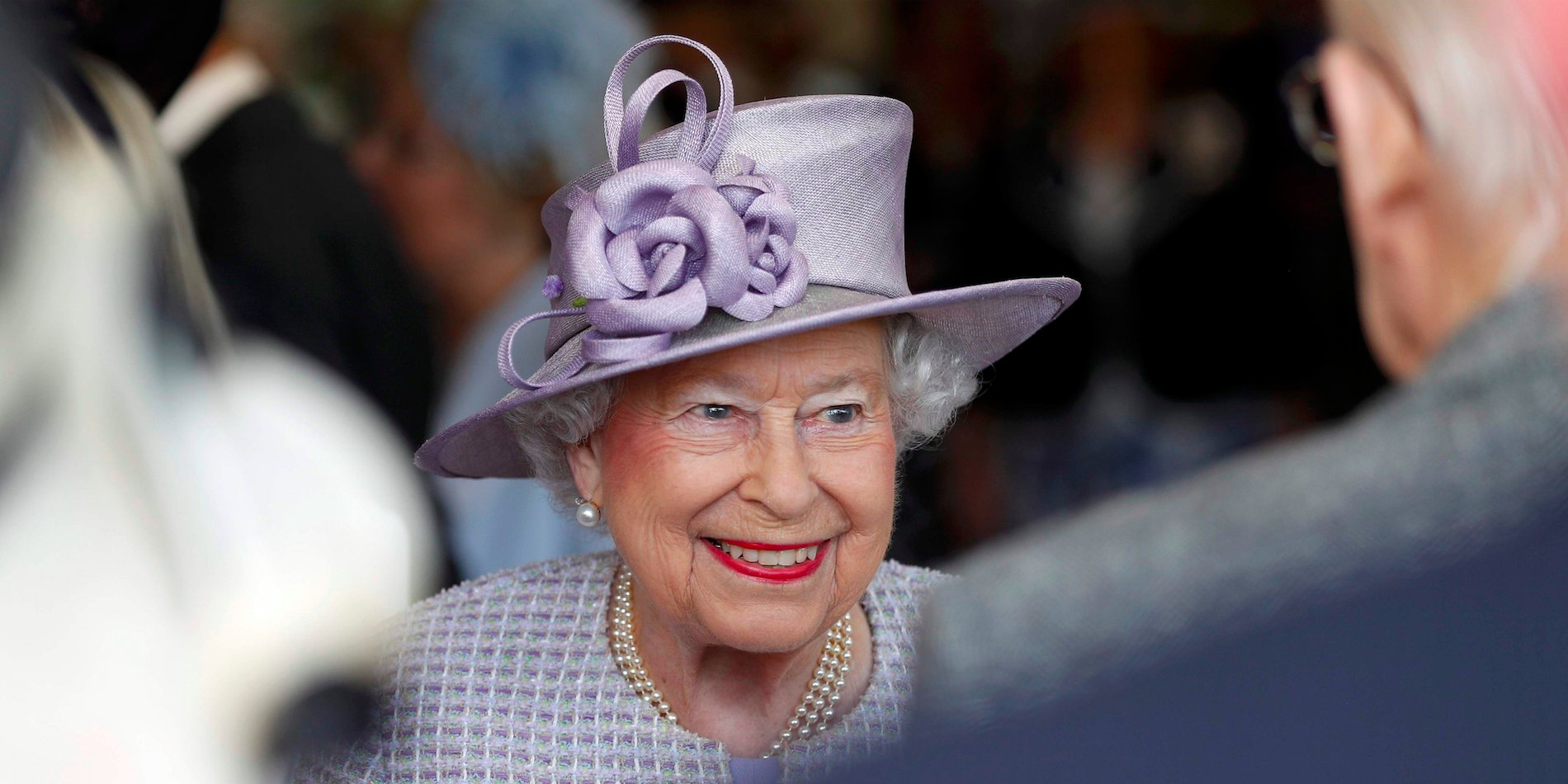 Queen Elizabeth II meets residents at Priory View, an independent living scheme for older residents, in Dunstable as part of a visit to Bedfordshire.Peter Nicholls/PA Wire/PA Images
Queen Elizabeth II meets residents at Priory View, an independent living scheme for older residents, in Dunstable as part of a visit to Bedfordshire.Peter Nicholls/PA Wire/PA Images
- The Queen was named in the dataleak dubbed the “Paradise Papers,” after the Duchy of Lancaster was found to have invested in offshore funds.
- An investment was also made in rent-to-own retailer Brighthouse, which was criticised earlier this year for being irresponsible.
- There is no suggestion the Queen or Royal Household are involved in wrongdoing.
- The Queen is officially exempt from tax, but makes voluntary payments on income, assets and gains not used for official purposes.
LONDON — The Queen of England is one of the world’s wealthiest individuals to have been named in the Paradise Papers dataleak, but has she done anything wrong?
The leak, handed to the International Consortium of Investigative Journalists (ICIJ) and published on Sunday, details the complex financial arrangements that allow some of the world’s wealthiest to legally hide their money and assets offshore, arranged by offshore law firm Appleby.
According to the documents, the Duchy of Lancaster, which provides the Queen with some of her income and deals with investments for her £500 million private estate, invested as much as £10 million offshore in funds based in the Cayman Islands and Bermuda.
“Our investment strategy is based on advice and recommendation from our investment consultants and appropriate asset allocation,” Chris Adcock, CFO of the Duchy told the BBC.
“The Duchy has only invested in highly regarded private equity funds following a strong recommendation from our investment consultants,” he said.
However, about £4,000 was invested in rent-to-own retailer Brighthouse, which was last month found by the Financial Conduct Authority not to be a “responsible lender,” and was criticised in 2011 by charity Barnardo’s for being “morally bankrupt.” The Duchy reportedly did not know of the investment in Britghthouse until it was approached by The Guardian.
The Duchy said it had not received tax advantages from investing offshore, and that the Brighthouse holding now equates to £3,208. There is no suggestion that the investments are illegal, or that the Queen is illegally evading tax.
However, the revelations have sparked debate about whether the Queen should be investing offshore and how much oversight is given to investments.
I don’t think anything will top the *actual* Queen having a financial interest in BrightHouse as a metaphor for the state of the UK.
— Roddy McHardy (@Radgecase) November 5, 2017
Let me get this straight.. The Queen who we pay.. has invested millions into Brighthouse, a company who exploit the poor and vulnerable?! #ParadisePapers#sickening
— Lynsey (@lyn5ey_) November 5, 2017
Speaking at the CBI conference on Monday, Labour leader Jeremy Corbyn said the Queen, and anyone making offshore investments, should apologise.
The Queen’s tax status
According to the Royal Household, the Monarchy has “sometimes been described as an expensive institution, with Royal finances shrouded in confusion and secrecy.” In reality, it says, the Household is “committed to ensuring that public money is spent as wisely and effectively as possible, and to making Royal finances as transparent and comprehensible as possible.”
A 2013 Memorandum of Understanding outlined that the Queen is not legally liable to pay income tax, capital gains tax or inheritance tax. Instead, the Queen and the Prince of Wales make voluntary payments to the UK tax authority HM Revenue and Customs (HMRC), but the details of the payments are private.
However, the Sovereign Grant is exempt. This Grant is an annual payment that funds the Queen’s official duties, and was £42.8 million ($56 million) in 2016/17.
In essence, the Queen receives this payment in exchange for giving the government all but the equivalent of 15% of profits from the Crown Estate. It covers expenses including the family’s travel, palace upkeep and royal employee salaries, and the accounts are audited by the National Audit Office and the Public Accounts Committee.
But income tax is paid on private sources of the Queen’s income, known as the Privy Purse, and on trading profits. This includes the Duchy of Lancaster, a portfolio of land and assets owned by the royal family. The Duchy of Cornwall, another portfolio of properties, covers the Prince of Wales’ and his heirs’ costs.
According to Sovereign Grant accounts, income from the Duchies of Lancaster and Cornwall that go towards the Privy Purse “is taxed to the extent that the income is not used for official purposes.”
Capital gains tax is only paid by the Queen on gains from the disposal of private assets from April 1993 onwards.
So, there you have it. It’s tricky.













